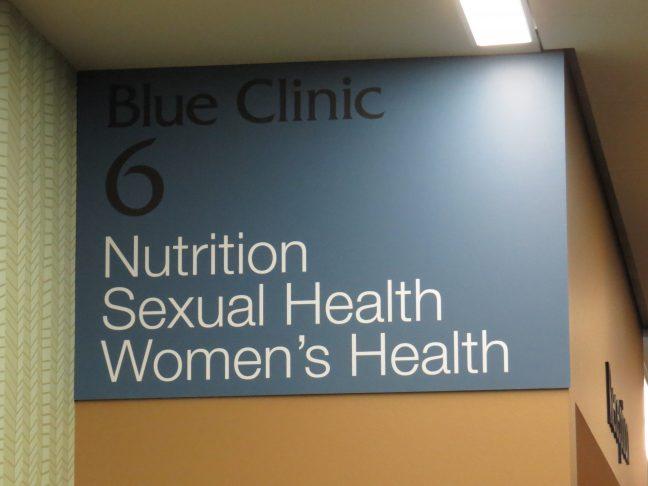In 2017, college campuses across the United States took an unprecedented step — they began stocking vending machines with emergency contraception. A generic version of Plan B — not to be confused in any way with the “abortion pill” — was to be offered to students, often at a subsidized rate. The vending machines would be a discreet way to access contraceptive care 24 hours a day, not just when university pharmacies were open.
The idea caught on quickly. Vending machines opened in Stanford, Santa Barbara, University of California-Davis, Pennsylvania and more. Last month, discussions began between University of Wisconsin University Health Services and Student Services Finance Committee members on the possibility of bringing increased emergency contraceptive access to campus. The proposal culminated in a recommendation by two SSFC members to UHS Monday to offer subsidized contraceptive pills to students through a vending machine in the Student Activity Center.
Currently, UHS has $4,000 line in its 2019 budget for emergency contraceptive care, distributed in the form of copper IUDs. IUDs are completely free for sexual assault victims. Students who do not fall under this category can make an appointment for an insertion or request a prescription for Ella, another tablet contraceptive. Another option is to buy Plan B at a local pharmacy, which is available over the counter.
SSFC representatives Madden, Alzaidi introduce recommendation to offer subsidized Plan B through UHS
But the actual implementation of subsidized emergency contraception on campus faces significant roadblocks. Often at the center of these roadblocks is debate over who should receive subsidized contraceptive pills — and how.
Plan B and its generic versions cost anywhere from $25-$50 per pill. Most pharmacies like Walgreens keep them in large security boxes. Purchasing Plan B is not a discreet process, nor is it cheap. What’s more, a harmful stigma accompanies grabbing the bulky security case and walking it to the front counter — and also an understandable fear of running into someone you know at a busy campus pharmacy.
Providing subsidized emergency contraceptives such as Plan B to university students is essential to deconstructing the shame and victim-blaming sexually active women face. Limiting access to emergency contraceptives stigmatizes the process of accessing reproductive care. It does not take into account grey areas, such as women who do not wish to report assault, or who do not want their reasons for access to be scrutinized in the first place.
Providing Plan B through campus vending machines circumvents the shame and victim-blaming of accessing emergency contraceptive care. It removes the implicit social pressure we put on women to explain their sexual health and choices. It also removes the financial pressure of an emergency $50 purchase — something that not all students have the privilege to afford.
Offering oral emergency contraceptives also means UHS can use their budget to reach more students. Longer lasting contraceptives like Copper IUDs come with a number of side effects and require an insertion appointment, with years of follow up care. Though less effective, Plan B and its generics give women privacy and independence in their reproductive healthcare. It is also significantly cheaper.
UHS should continue to offer support and free emergency contraceptive care to victims of sexual assault, a crucial service for UW students. But, it is important to remember that those who utilize emergency contraception do not always have the same experiences or needs. Recognizing the diverse reproductive health needs of women on campus gives UHS and the SSFC the unique opportunity to normalize contraceptives and eliminate the stigma we place on those who use them.
Julia Brunson (julia.r.brunson@gmail.com) is a sophomore majoring in history.














